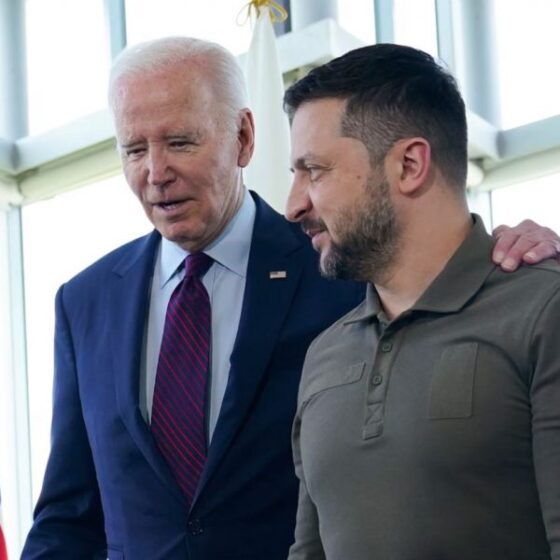
As an outcome, NATO members, particularly those in Western Europe (excluding the loyal eastern countries, except Hungary), hesitate to risk a nuclear confrontation with Russia. In addition, Europe is dealing with significant financial burdens and internal unrest, triggering stress and anxiety among authorities and populations. Supporting Ukraine, even under considerable American pressure, takes a toll on officials’ popularity and Europe’s strained treasury, as Hungarian Prime Minister Viktor Orban just recently pointed out after a meeting of European leaders in Brussels. As a result, entering into direct military conflict with Russia would lead Europe down a path of no return, including disastrous mutual damage– an unattractive possibility for any European country.
While the United States has actually partially succeeded in securing Finland’s entry into NATO, it has actually not yet brought Russia to its knees. Instead, it has pressed Russia closer to China and other nations, relinquishing the total world supremacy it accomplished in the 1980s. The American professor John Mearsheimer declares that the United States has ended up being an outcast, perceived as “the bully from whom everybody turns away to discover other options and new allies and partners who will not work to exploit and take their natural deposits and damage their nation”.
So the US is now passing the baton to Ukraine, supplying it with cluster munitions to continue the war and attempt to inflict more casualties on the Russian army after 500 days of ferocious battling. On the other hand, Russia has actually successfully halted the Ukrainian counter-attack, diminishing its ammo, manpower and possibilities of a breakthrough, leaving it in a strong position in the event of a worked out settlement.
The United States opposes peace settlements through Turkish or African mediation or any other attempt to end the dispute. It believes Russia can still reconstruct its military and economic strength and will not pull back or confess defeat. As a result, any possible service hinges on Ukraine’s failure to sustain the war. The United States can keep the dispute outside the scope of direct and overt NATO intervention, keep Ukraine’s subscription and look for to tire Russia in the long run. However it wants to prevent the Kremlin from turning to more devastating weapons that might end the dispute abruptly or turn it into a disastrous full-scale war.
Subsequently, the transfer of prohibited weapons to Ukraine by more than 100 countries, even if authorized by both America and Russia, does not provoke Moscow. Even if the United States were to provide Ukraine with diminished uranium ammo, Russia would react without additional intensifying the situation.
Turkish President Recep Tayyip Erdogan’s statement to his checking out Ukrainian equivalent that “Ukraine deserves to sign up with NATO” lacks seriousness and is merely a political manoeuvre by Turkey that is unlikely to discover extensive assistance within the Alliance. Accordingly, the Vilnius summit will use Ukraine excellent assistance, consisting of offering arms and ammo, and assures that Kyiv will eventually become a complete member. However keeping Ukraine on NATO’s doorstep, with the promise that one-day membership will not be eliminated, remains the West’s nationwide security motto.
While assuring pledges unaccompanied by concrete enforcement action have not caused nuclear conflict in the past, the circumstance is most likely to remain a controlled military dispute. America’s strategy is to hang carrots in front of Ukraine, making pledges and raising unrealistic hopes of NATO membership. At the exact same time, the dynamics of Ukraine are driving its citizens towards the American altar and its objectives. Unfortunately, Ukraine is destined to come away empty-handed, having willingly welcomed self-destruction. Regret will be of little convenience when the dust settles, and the weapons stop firing, revealing the bitter reality of Ukraine’s predicament.

